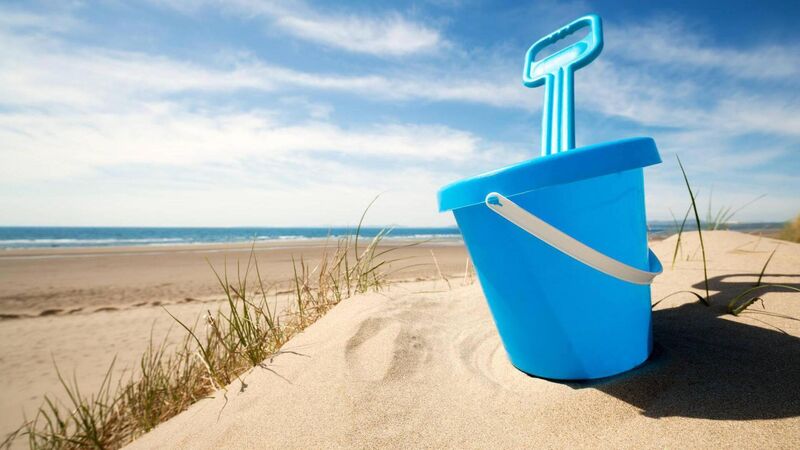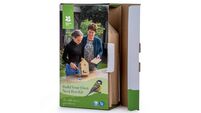Expert advice for parents of autistic kids adjusting to summer holidays

Maintaining work lives while also keeping children occupied is an issue we all face but for parents of children with special educational needs, it’s magnified. Picture: iStock
When primary schools closed this week, parents were plunged into the annual summer dilemma: how to maintain their own work lives while also keeping children occupied.
It’s an issue facing all of us, but for parents of children with special educational needs, it’s “absolutely magnified”, says Claire Droney, who has taught autistic children and young people for 17 years.










